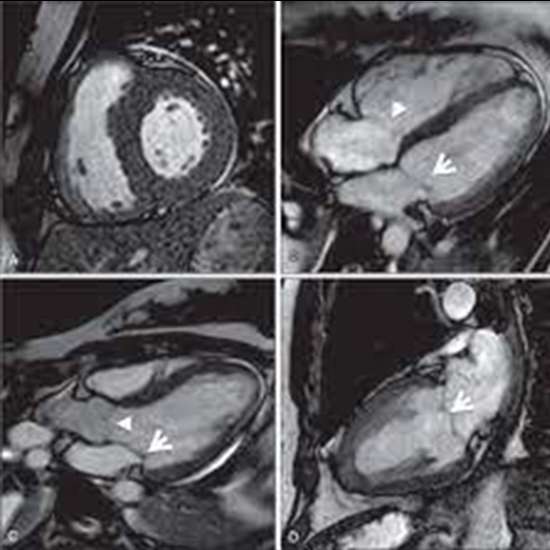
Cardiac MRI (Magnetic Resonance Imaging) is a non-invasive medical imaging technique that can provide the detailed information about the structure and function of the heart.
Cardiac MRI (Magnetic Resonance Imaging) is a non-invasive medical imaging technique that can provide the detailed information about the structure and function of the heart.
Here are some of the benefits of Cardiac MRI:
- Accurate Diagnosis: Cardiac MRI can provide high-resolution images of the heart, which can help in the accurate diagnosis of various heart conditions. It can detect abnormalities in the heart’s structure and function, such as heart-valve problems, heart muscle damage, and blockages in the blood vessels.
- Non-Invasive: unlike some other diagnostic techniques, such as cardiac catheterization, cardiac MRI is non-invasive, which means that it doesn’t involve any incisions or injections.
- Non-Radiation: Cardiac MRI uses magnetic fields and radio waves to create images, which means that it doesn’t involve any exposure to ionizing radiation, making it a safer option compared to CT scans.
- Personalized treatment: The information obtained from cardiac MRI can help doctors develop personalized treatment plans for patients based on their individual needs.
- Monitoring: Cardiac MRI can also be used to monitor the progress of heart disease and the effectiveness of treatments over time, providing valuable information for doctors and patients alike.
















